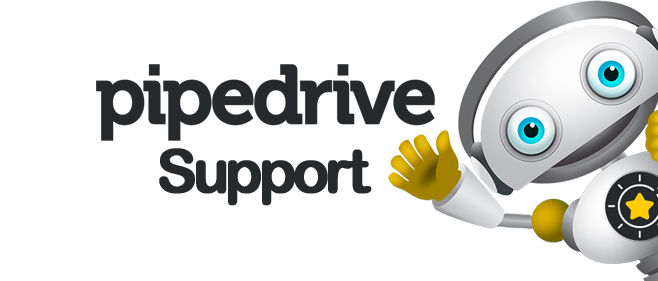ERP, CRM… Behind these, sometimes, opaque acronyms lie two powerful tools that shape the daily lives of businesses. But what exactly are they used for? And above all, which one is right for you?
Two tools, two distinct functions
Imagine a restaurant. On one side, the dining room, with its customers, exchanges and atmosphere. On the other, the kitchen, with its inventory management, menu planning and staff management. CRM is in the dining room, where customer relations are nurtured. ERP, on the other hand, takes place behind the scenes: it orchestrates everything that we can’t see, but which keeps the business running.
In a company, it’s the same thing. A CRM (Customer Relationship Management) focuses on customer relations: prospect follow-up, sales management, marketing automation and so on. Whereas ERP (Enterprise Resource Planning) takes care of global management: finance, inventory, human resources, production, logistics, etc. These are two different approaches, but they can be complementary.
CRM or ERP: what if it wasn’t a choice at all?
Many companies are wondering which one to adopt. But it doesn’t have to be one or the other. It’s possible to combine the two intelligently. Because one doesn’t necessarily go without the other. A growing company, for example, may well start out with the CRM module of an ERP like Odoo, then choose to add modules over time. This solution allows you to adapt to changing business needs. You can have a CRM today, an inventory management module tomorrow, and a financial dashboard next month.
A strategic combination, depending on your needs
A CRM becomes particularly powerful when integrated with a complete ERP, especially for manufacturing or distribution companies. When it comes to managing inventory, tracking sales history or centralizing data on products, deliveries and orders, ERP makes it all possible. No need to juggle between different tools: all information is synchronized, avoiding duplication and guaranteeing a clear overview. A real time-saver for sales teams and operations alike!
Conversely, some companies don’t need a complete ERP. This is particularly true of service-oriented structures, such as consulting firms, marketing agencies or training companies. For them, a CRM like Pipedrive is more than sufficient to manage customer relationships, track sales opportunities, automate follow-ups or collaborate effectively with colleagues. These organizations have no inventory to track or logistical processes to coordinate, which means they can opt for a simple, lightweight tool that’s quick to learn.
Making the right choice means surrounding yourself with the right people
Choosing between CRM and ERP, or rather intelligently combining the two, depends above all on your reality in the field. Your tools must adapt to your needs, not the other way round.
Let’s have a chat to find the solution that’s right for you!


